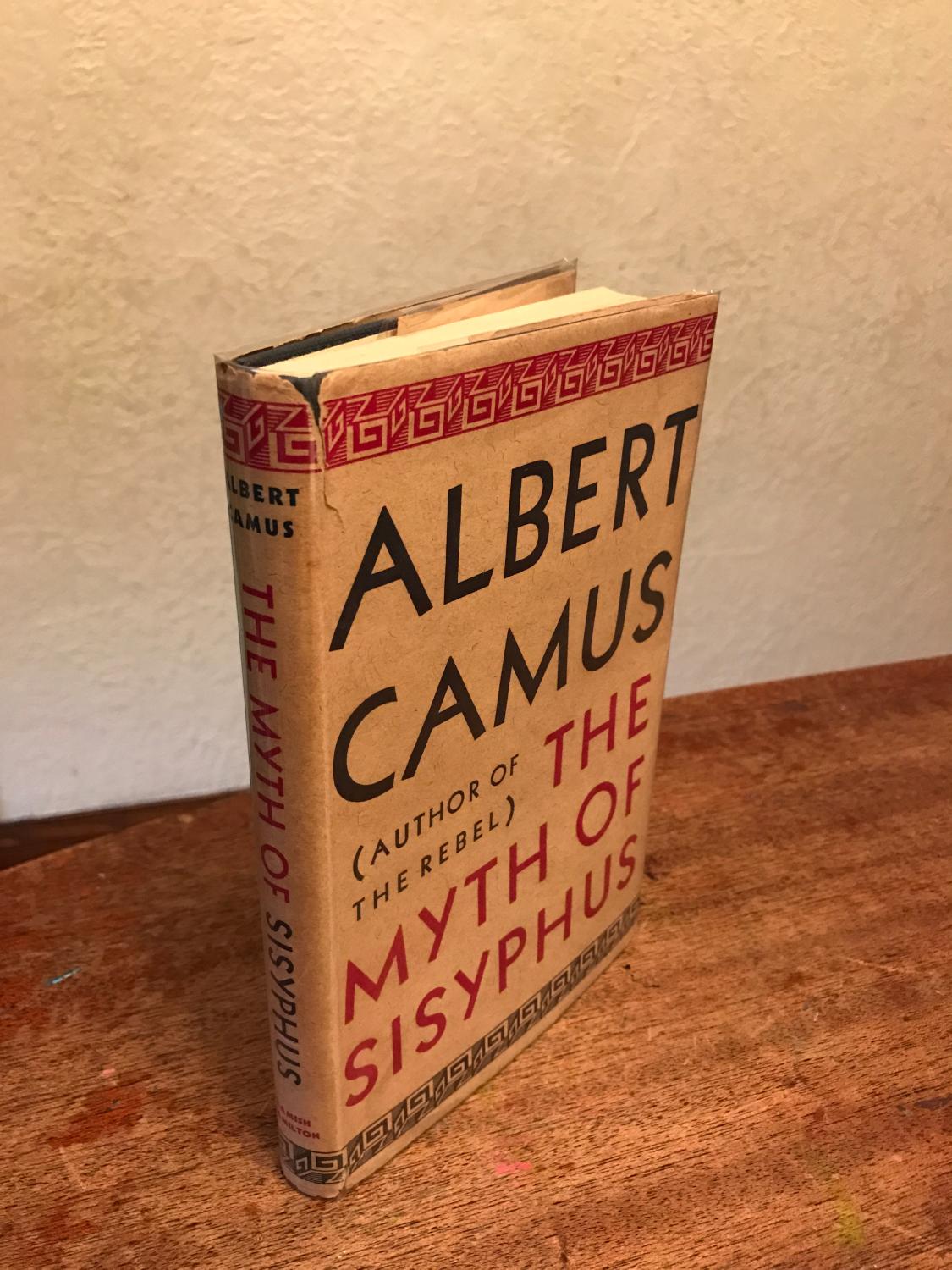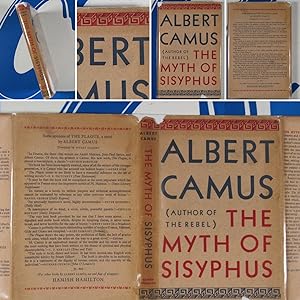

This is the absurd condition and "from the moment absurdity is recognized, it becomes a passion, the most harrowing of all." Once stripped of its common romanticism, the world is a foreign, strange and inhuman place true knowledge is impossible and rationality and science cannot explain the world: their stories ultimately end in meaningless abstractions, in metaphors. He begins by describing the following absurd condition: we build our life on the hope for tomorrow, yet tomorrow brings us closer to death and is the ultimate enemy people live their lives as if they were not aware of the certainty of death. The essay is dedicated to Pascal Pia and is organized in four chapters and one appendix.Ĭamus undertakes the task of answering what he considers to be the only question of philosophy that matters: Does the realization of the meaninglessness and absurdity of life necessarily require suicide? Here Camus states that "even if one does not believe in God, suicide is not legitimate".


Included in the translated version is a preface written by Camus while in Paris in 1955. The English translation by Justin O'Brien was first published in 1955. The essay was published in French in 1942. He claims that both a banal event and something as intense as a German invasion will prompt someone to ask "why?". While the essay rarely refers to this event, Robert Zaretsky argues that the event prompted his ideas of the absurd. The work can be seen in relation to other absurdist works by Camus: the novel The Stranger (1942), the plays The Misunderstanding (1942) and Caligula (1944), and especially the essay The Rebel (1951).Ĭamus began the work in 1940, during the fall of France, when millions of refugees fled from advancing German armies. The essay concludes, "The struggle itself. In the final chapter, Camus compares the absurdity of man's life with the situation of Sisyphus, a figure of Greek mythology who was condemned to repeat forever the same meaningless task of pushing a boulder up a mountain, only to see it roll down again. Camus claims that the realization of the absurd does not justify suicide, and instead requires "revolt." He then outlines several approaches to the absurd life.

The absurd lies in the juxtaposition between the fundamental human need to attribute meaning to life and the "unreasonable silence" of the universe in response. Influenced by philosophers such as Søren Kierkegaard, Arthur Schopenhauer, and Friedrich Nietzsche, Camus introduces his philosophy of the absurd. The Myth of Sisyphus (French: Le mythe de Sisyphe) is a 1942 philosophical essay by Albert Camus.


 0 kommentar(er)
0 kommentar(er)
